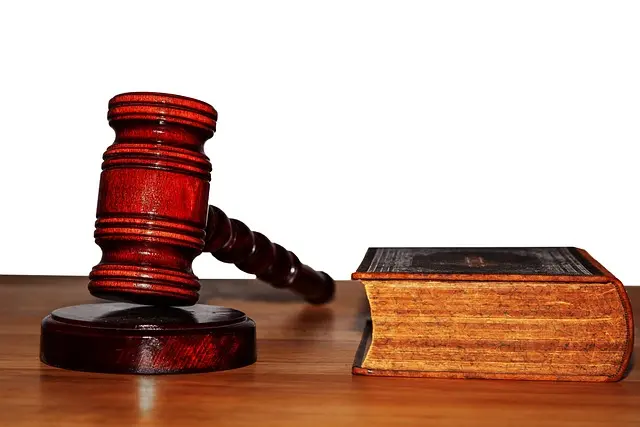Gun Control Legislation in America: A Growing Debate
Gun control legislation in America has become a heated topic, reflecting deep divisions in public opinion and politics. As mass shootings continue to raise concerns about safety, various states are implementing measures like universal background checks and red flag laws, while opposition from gun rights advocates persists, citing Second Amendment protections.

Gun control legislation remains one of the most contentious issues in American society, provoking intense debates about public safety, individual rights, and the role of government regulation. In light of numerous high-profile mass shootings, calls for reform have intensified, making the discussion surrounding gun laws particularly urgent. In recent years, various states have enacted measures aimed at curbing gun violence. For instance, universal background checks and red flag laws, which enable law enforcement to temporarily confiscate firearms from individuals deemed dangerous, have gained traction across many states. A report from NPR indicates that several states are expanding background check requirements to include private sales and gun shows, demonstrating a growing consensus on the need for stricter regulations . Conversely, these initiatives face significant opposition from organizations such as the National Rifle Association (NRA). Advocates for gun rights argue that such laws infringe upon Second Amendment rights and emphasize the importance of responsible gun ownership. They contend that the existing laws are often not enforced rigorously enough, and new regulations may disproportionately affect law-abiding citizens . Recent surveys show a notable shift in public opinion regarding gun control. According to a Pew Research Center study, a majority of Americans now support stricter gun laws, particularly following mass shootings . However, views vary significantly across political lines: Democrats tend to advocate for more stringent measures, while Republicans often oppose them. This polarization complicates the potential for bipartisan legislative efforts. Several significant legislative actions have occurred at both state and federal levels: Despite these legislative efforts, the path to comprehensive gun control remains challenging. Legal battles over new laws are anticipated, as seen in various states where recent reforms have been met with lawsuits from gun rights groups. For instance, Texas's law permitting constitutional carry—allowing individuals to carry handguns without a permit—has faced scrutiny in courts . Moreover, some lawmakers express concern that focusing on gun control may detract from addressing the underlying causes of gun violence, such as mental health issues and socioeconomic disparities. This debate continues to evolve, highlighting the necessity for solutions that encompass both legislative action and social support systems . The discussion surrounding gun control legislation in America is dynamic and influenced by a combination of tragic events, shifting public opinion, and intricate legal considerations. As the nation grapples with balancing safety and rights, the future of gun legislation will remain a pivotal issue in American politics.Current Legislative Landscape
Public Opinion
Notable Legislative Attempts
Challenges Ahead
Conclusion
